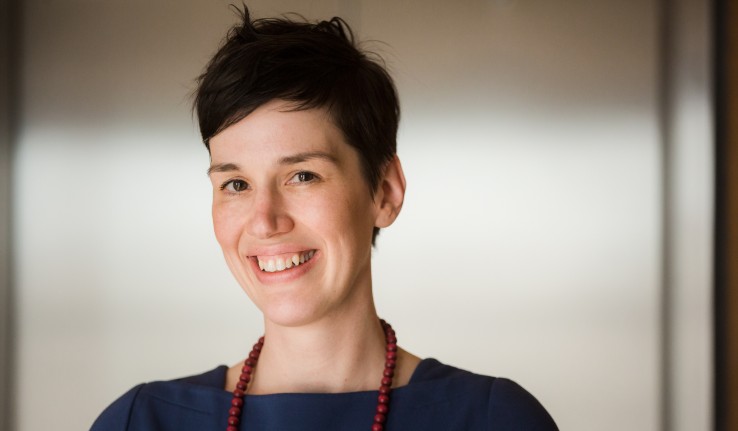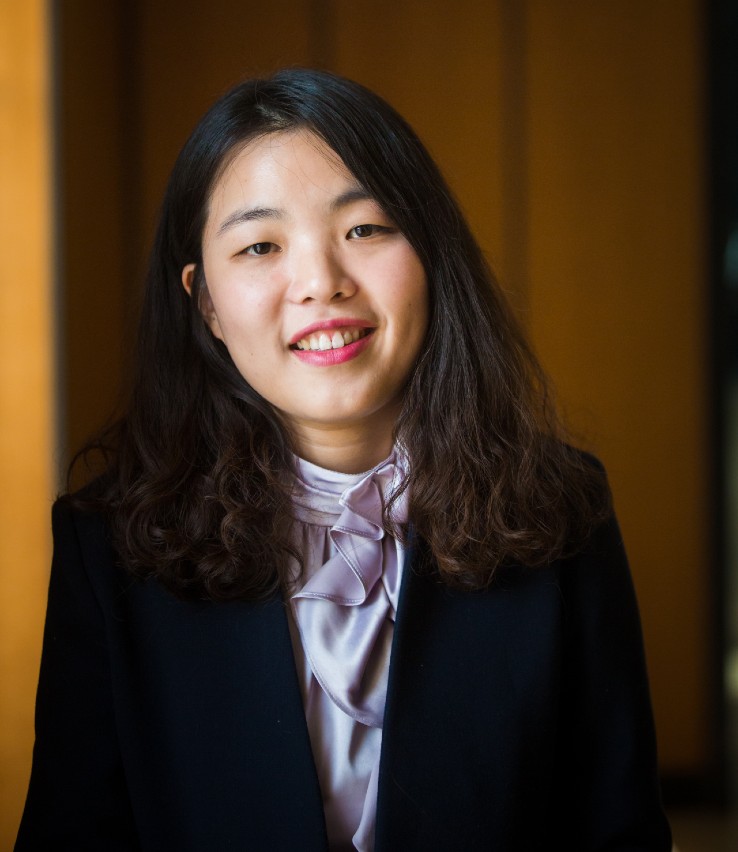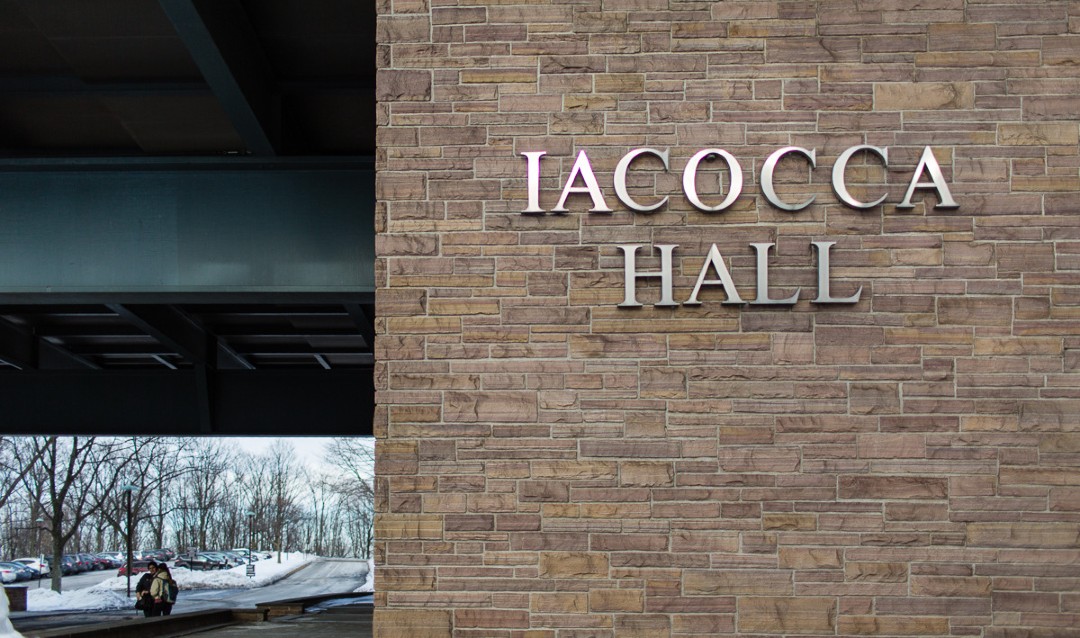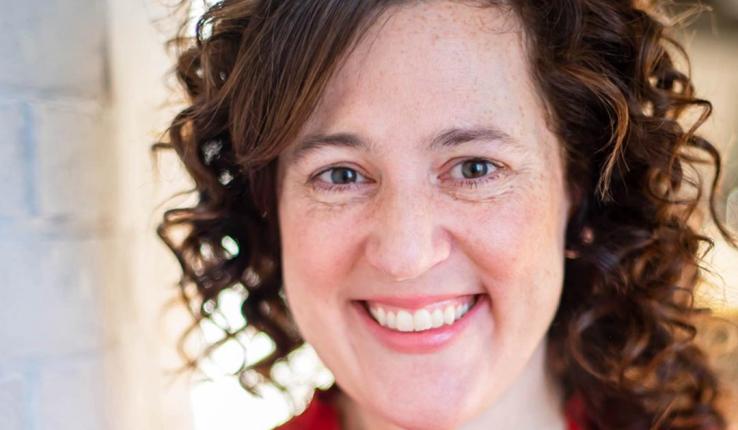Teacher licensure requirements for special education teachers in the U.S. vary from state to state. They also change somewhat frequently as states adjust requirements in their efforts to improve outcomes for students with disabilities. Pennsylvania, for example, currently requires special education teachers to hold certification in both special education and general education, whereas other states require only special education certification—a policy to which Pennsylvania will return a year from now.
College of Education Researchers Awarded AERA/NSF Grant to Study Dual-Licensure Policies
Jihyun Kim and Esther Lindström have received funding to explore the effects of states’ dual-licensure policies on teacher preparation quality and outcomes for students with disabilities.
Christa Neu

Esther Lindström
How do these ever-evolving policies impact teacher preparation? Do students with disabilities benefit from special education teachers with dual licensure?
Supported by a research grant from American Education Research Association (AERA) in partnership with the National Science Foundation (NSF), Esther Lindström and Jihyun Kim are seeking answers. Specifically, they want to know if a dual-licensure requirement for special education teachers improves mathematics learning for students with disabilities. They plan to employ a rigorous quasi-experimental study design to compare achievement patterns in states with and without dual-licensure policies, prior to and following implementation.

Jihyun Kim
“At the core we're looking at dual licensure as one indicator of teacher preparation quality,” says Lindström, an assistant professor of special education. “We could expect a different population of teachers who might have these credentials because dual-licensure preparation programs typically take longer to complete and are a bigger commitment. These teachers not only have their special education specialization, but they would also have [specific content area] knowledge in a secondary setting...In elementary settings, we might expect them to also have more knowledge about typical child development, for example.”
Research in the field suggests that specialized teachers who have dual licensure may not only meet the specific special education needs of students with disabilities, but also the needs of students who are also English language learners or also from high-poverty backgrounds, Lindström explains. These combined knowledge bases, she says, could help support students in a more holistic manner.
“In theory, a dual-licensure policy could benefit students and teachers, but we don't see a lot of empirical evidence on this topic,” says Kim, an assistant professor of educational leadership. “So we wanted to apply rigorous methods to evaluate the effects of this policy.”
This study will be one of the first rigorous quantitative investigations of the effects of dual-licensure policies on the mathematics achievement of students with disabilities using a nationally representative sample.
States and Dual-Licensure Requirements
Lindström and Kim have gathered data about the teacher licensure policies of all 50 states.
“More states have standalone [certification requirements] than have dual requirements, and that seems to be a symptom of teacher shortage,” says Lindström. “But we see states going in both directions, so when we talk to representatives from various states, they'll say, ‘Oh, our state is considering moving into dual licensure,’ and Pennsylvania is just about to go the other way [to standalone licensure], so it's just this blinking map of policies that are changing mercurially.”
A nationwide shortage of teachers may be influencing policy discourse and decisions, rather than careful consideration of students’ needs, says Kim. This can lead to states “lowering the bar” on what is required for teacher preparation.
“When you reduce the barriers to entry [for special education teachers], do we have less-prepared teachers, and what does that mean for retention and turnover, and for students, ultimately?” asks Lindström. “Is it enough to get people in the door? And how are we measuring whether this is working or not, and do we have enough data to measure whether it's working or not?”
In addition to state state-level dual-licensure policies, the team will examine the fourth and eighth grade mathematics National Assessment of Educational Progress (NAEP) scores of students with disabilities, as well as data on students’ disability status, English language learner status, race, ethnicity, gender, and eligibility for free and reduced lunch—factors that have been found in other studies to be linked with STEM (science, technology, engineering and math) under- and overrepresentation and achievement. They will also gather data from the Schools and Staffing Survey (SASS) regarding teacher certification. Lindström and Kim plan to compare student performance in states with dual-licensure policies with that of students in states with standalone licensure policies.
The changing nature of teacher licensure policies presents a particular challenge. The team hopes, however, that they can promote more informed decision-making within the states.
“Because things are changing so fast, do we even have time to gather enough data to determine whether or not these policies are impacting children? Or are these policies being driven by some other mechanism?” Lindström explains. “The Pennsylvania policy [to move to standalone licensure], for example, passed almost unanimously. And so, that to me signals that there was some kind of argument within our state legislature that said, ‘This needs to happen, so we're doing it.’ And we know, based on our preliminary work, that there isn't enough empirical research to say definitively, ‘This is improving outcomes for kids and this is resulting in higher achievement.’ So we're hoping to add to that conversation, to help policymakers contribute to a more informed conversation about all of the stakeholders, rather than what currently seems to be like a short-sighted approach.”
Christa Neu





